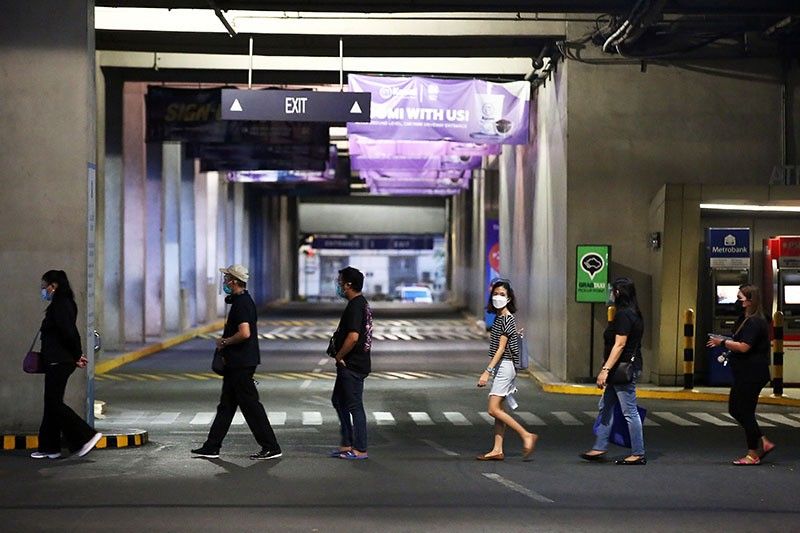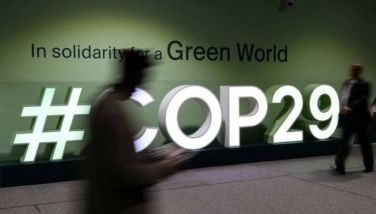Citing improved conditions, OCTA backs easing more COVID-19 curbs in NCR

MANILA, Philippines — OCTA Research on Sunday backed the possibility of easing more COVID-19 curbs in Metro Manila as it continues to see a decline in infections.
Malacañang said last week that the capital region may shift to an "ordinary" GCQ along with Cavite, Laguna, Rizal and Balacan after its present quarantine status lapses by June 15.
Over DZMM's "Teleradyo," OCTA fellow Guido David said they are for the move as he cited better indicators in Metro Manila.
"We support that because at this time, the situation in NCR is improving," he said in Filipino. "What's good there is as the picture is improving, we can take some risks in reopening businesses. So far, we have not seen a community transmission within establishments."
Metro Manila was returned to stricter quarantine in end-March due to a surge in cases. Several restrictions have since been relaxed, the recent being allowing more indoor activities such as gyms and visit to historic sites.
David said its positivity rate has since gone down to 8%, while the reproduction rate — or the number of people a positive individual can infect — is now at 0.72.
Hospitalization rate in the region has stood at below 40%, putting it still at the safe level, David added.
"What we are avoiding are large social gatherings such as pool parties because it is through these that we have superspreader events," he said, still in Filipino.
As the picture improves in Metro Manila, OCTA noted that many areas outside it are seeing an uptick in infections. Last week, experts said cities in Visayas and Mindanao have emerged as "areas of concern" where government should deploy more health workers.
"Right now, Dumaguete is having a significant increase and also Tacloban," David said. "Attention should be given to areas with high hospital occupancy, maybe transfer resources because their ICUs are getting full."
Exit strategies
Government figures showed that there are now over 1.68 million Filipinos complete with their COVID-19 vaccine by first week of June.
David said officials should study easing more restrictions for those fully vaccinated, such as allowing more of them into the country.
"I think it's fair for us to open entry for the fully vaccinated," he said. "We should now also think of exit strategies from the pandemic...either a transition to the old normal or the new normal with less restrictions as we vaccinate more people because that's important."
Only recently, government said fully vaccinated senior citizens in areas under GCQ and modified GCQ can now go out of their homes. But the Department of Health has since sought to remind that mobility for them remains limited.
Inoculation efforts in the country began in March, with now over six million doses administered. More vaccine supplies have also arrived, but a significant number remains from the COVAX Facility.
- Latest
- Trending



































